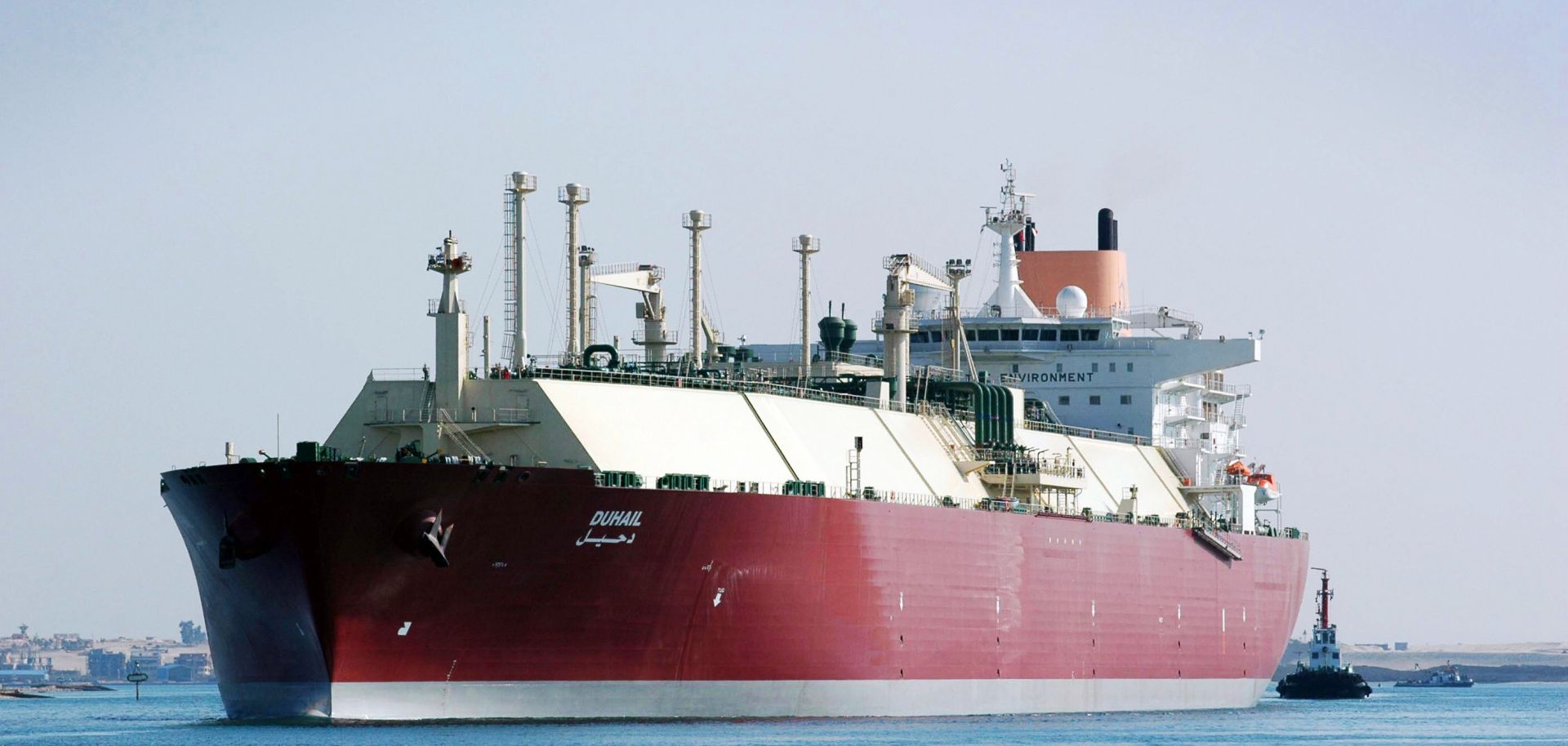ASSESSMENTS
In Qatar, Future Energy Plans Extend Beyond Liquefied Natural Gas
Aug 5, 2014 | 09:19 GMT

(AFP/Getty Images)
Summary
The tiny natural gas-rich emirate of Qatar will have some important decisions to make in 2015. Currently the world's largest exporter of liquefied natural gas, the country is under a self-imposed moratorium, set to end next year, that prohibits the expansion of its LNG production and export facilities. Qatar has been able to leverage its reserves to transition from one of the poorest countries in the world into a rising player in the broader Islamic and Arab world. This transformation has been facilitated primarily by the growth of the emirate's natural gas exports, which have stabilized the Qatari economy and have enabled it to pursue its foreign policy aspirations.
The emirate has used this newfound domestic stability and relative wealth to define its independence in a region with powerful states such as Saudi Arabia and Iran. But as the end of Qatar's moratorium nears, Doha is faced with a critical choice: expand its LNG production and export capabilities and continue its dependence on commodity exports, or adapt its national economic strategy in response to an evolving global natural gas market. To keep LNG prices stable, Qatar is unlikely to pursue an aggressive LNG expansion strategy in the coming years, and it will likely focus instead on diversifying its economic interests, particularly in the Indo-Pacific markets.
Subscribe Now
SubscribeAlready have an account?
